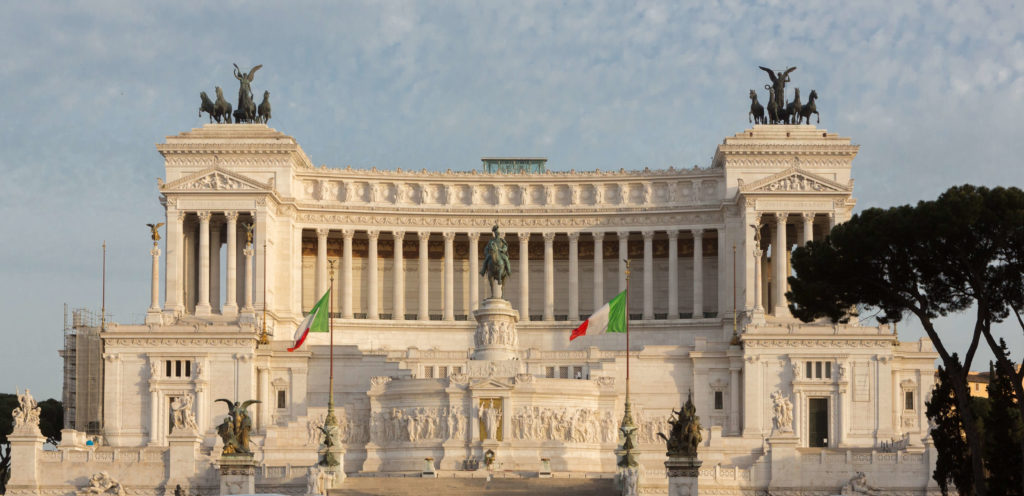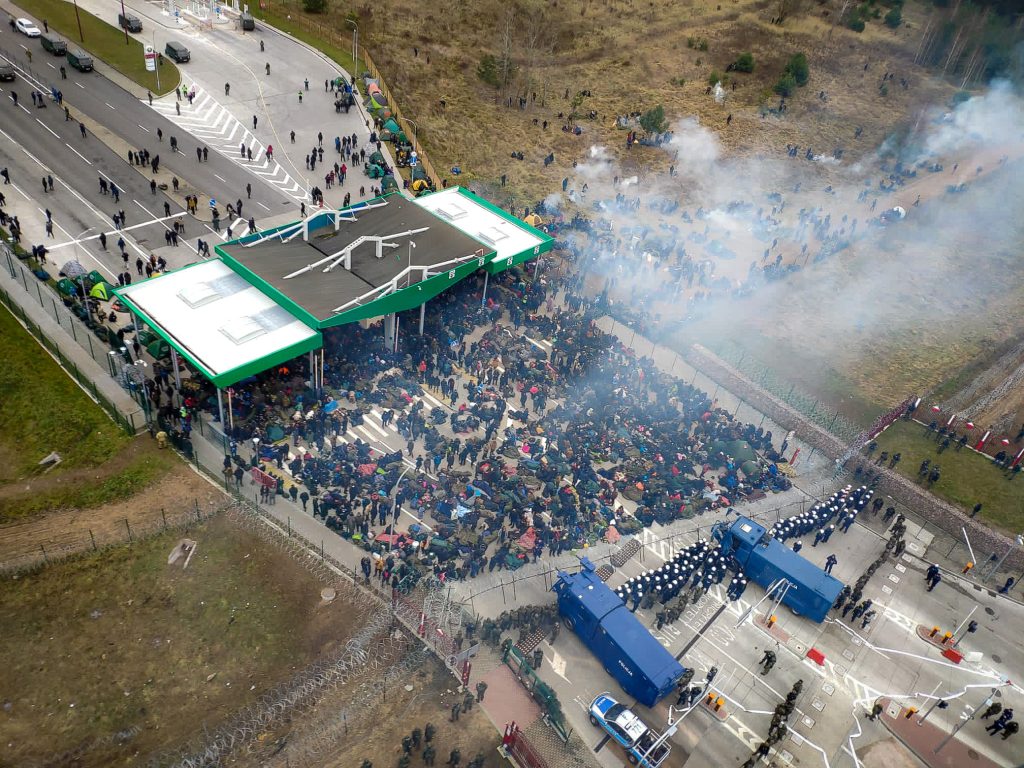Home > The West gives more space to its enemy: the radical Islam
Nowadays, society in the West is confronted with an increasingly worrying phenomenon, namely radical Islam. Questions are increasingly being asked about how to deal with it[1]. However, many media, political and academic figures address these problems without analysing the causes. Today, we are witnessing a repetition of errors that have happened before[2]. The West's actions towards radical Islam are very similar to those towards Iran at the time of the 1978-1979 revolution, and again to those towards the Arab countries in 2010-2011[3]. It is interesting to recall that the leaders in the countries mentioned were already confronted with the problem of radical Islam and were working to contain it[4].
However, since that time, Western governments have adopted an approach that mainly focuses on human rights and democracy, to the detriment of the reality on the ground in the Middle East (socio-cultural differences)[5]. The same decisions were taken with regard to Tunisia, Egypt and Syria[6]. In both cases, the results were not long in coming (aggravated political crisis, increased repression, civil war)[7].
These events show the drawbacks and shortcomings of the design of the soft power in the West, especially in Europe. Nowadays, the European Union, and to some extent the United States, are working more on promoting values such as human rights and democracy, and sanctioning various countries that officially do not respect them (Iran, Syria,...)[8].

In the light of current events since the 1970s, the Western policy of promoting values has had mixed results. While it has contributed to the socio-economic development of the European neighbourhood, it has also created phenomena such as migration crises that have partially exported radical Islam to the West, as has been observed since 2015 (attacks, growing urban insecurity, unrest at external borders) in Europe[9]. The picture of Western sanctions also has a dark side, in that they have not contributed to regime and/or governance change, let alone to the eradication of radical Islam[10]. They have also led to a deepening of relations between countries that pose a problem to the West[11]. We can recall the cases of Syria and Iran which have increased their contacts with China and Russia[12]. Moreover, the latter two countries have a significant sphere of influence in the world, including in Africa and Latin America[13]. Through such a geopolitical network, it is noted that the promotion of values and the sanctioning of non-compliance are not only ineffective but also easily circumvented[14]. They have sometimes had the opposite effect (civil war, humanitarian crisis,...), which has partly contributed to the spread of radical Islam in the West[15]. One cannot conclude that the West has unwillingly given more space to radical Islam in its own territory.

© 2022 All rights reserved by BRAUN



